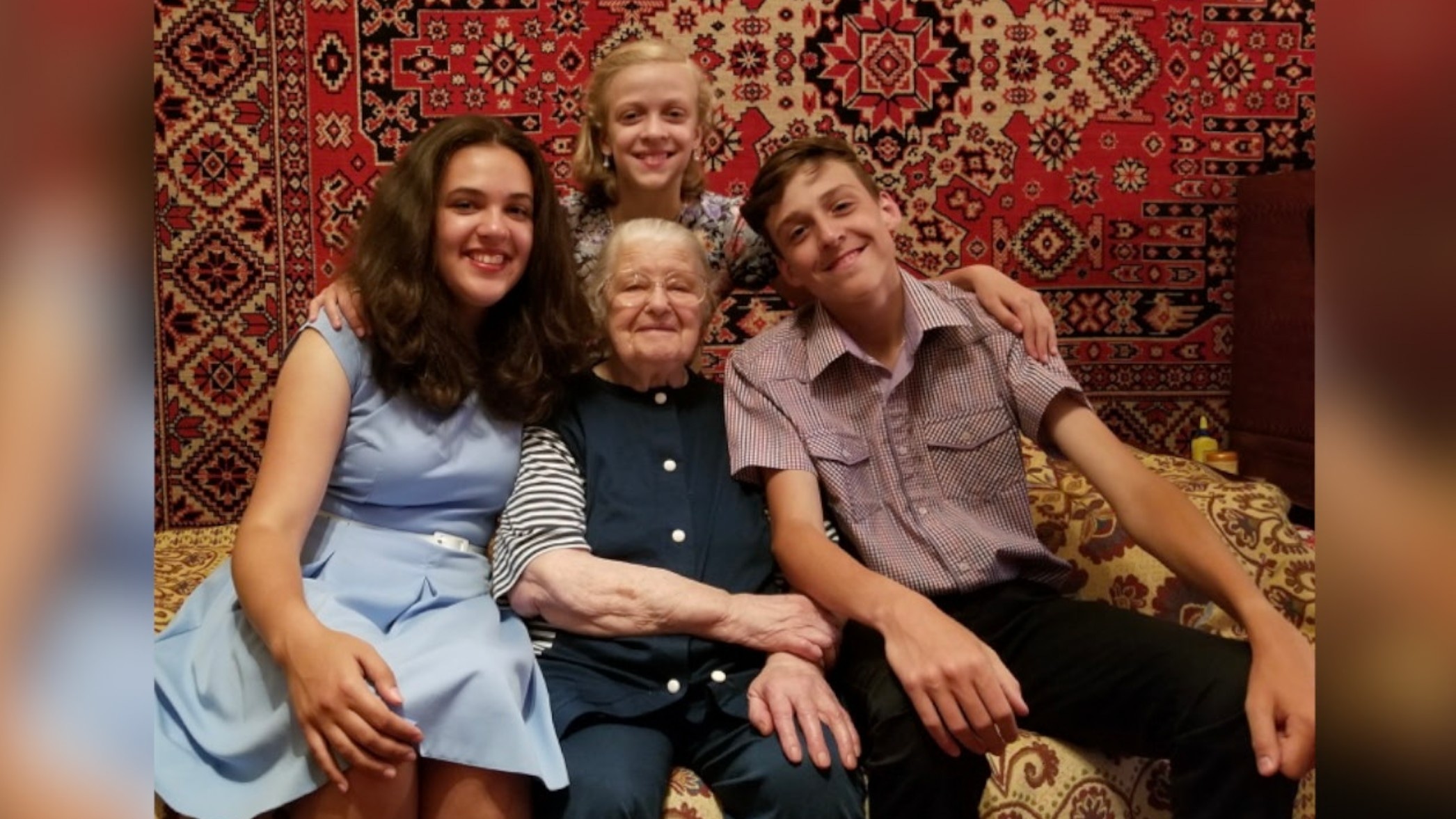Half a world apart: sisters-in-law support each other during Ukraine conflict
[anvplayer video=”5094040″ station=”998122″]
Buildings pockmarked by rocket attacks.
Cars, family photos, and toys, covered with debris.
Stark images from Ukraine, as the Russian invasion continues.
“The fact that even western Ukraine was bombed, it’s terrifying, it’s awful,” declares Maria Doan, of Minneapolis. “It’s heartbreaking. I don’t know what’s going to happen to our future generations, it’s definitely a generational trauma.”
For Doan, the invasion is both frightening and personal.
She says she moved from Ukraine to Minnesota in 2009 to pursue a Master’s degree.
But her brother Mykola, his wife Nadia, and their three children are in western Ukraine.
We asked if she’s worried.

“Of course, always,” Doan says. “This is war, so the situation is really volatile, it can change at any moment. It’s really difficult knowing what is going to happen next at any point in time.”
Doan’s family members live in Chernivtsi, on the Romanian border, where the sight of refugees fleeing the fighting in Kyiv and other cities, is all too common.
“Now people are being evacuated from those cities, from those places by train mostly, as well by car,” Nadia told us, during a zoom interview with 5 Eyewitness News.
At a time when many Ukrainian children are refugees or living in shelters, she is using her teaching skills to tutor about sixteen children, and at times, calm their fears.
“When the Russians invaded the country, actually, all schooling stopped, and the children stayed at home,” Nadia recalls. “My… job now is not to talk about war, but let them feel that life goes on. That’s the best way to calm them down, to do some activities they used to do before the war.”
That structured environment includes lessons on vocabulary and grammar.
With high school-age students, Nadia says she tries to be a good listener.
“They tell how they help parents, or personally,” she explains. “They share the information with their relatives who help other people evacuate from the rest of the country to our region.”
Back in Minnesota, Doan says she keeps in touch by doing daily video chats with Nadia and her family, who say they have no plans to move anywhere.
Even though Chernivtsi is relatively quiet, Doan worries about the future.
She says she’s not sure if sanctions are going to be enough to stop Russian forces and adds she’s holding out hope that a no-fly zone will be activated, at least over western Ukraine.
That, Doan says, will help deliver humanitarian aid to the rest of the country, and help with evacuations to the west.
Still, she has conflicting concerns about the safety of her Ukrainian relatives.
“On one hand I can definitely relate to wanting to protect your country, to wanting to protect your homeland and fight until the end,” she says. “But at the same time, I’m really worried about their safety, their lives.”
Nadia says there haven’t been any missile attacks in her city, and the region is considered the safest place in Ukraine.
Still, there have been preparations, including air raid drills.
Meanwhile, Nadia says her husband and their 19-year old son, also named Mykola, are reservists but haven’t been called to active duty yet.
But she says her family, and her country, will not back down from this fight.
“Ukrainians here feel like one nation which will stand until the end. We have too much to lose in this war,” Nadia declares. “We’re not going to surrender, that’s for sure.”